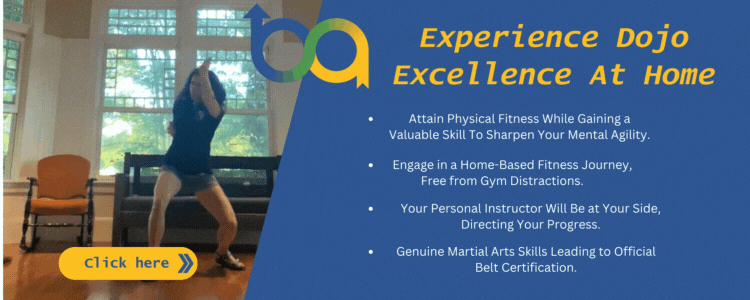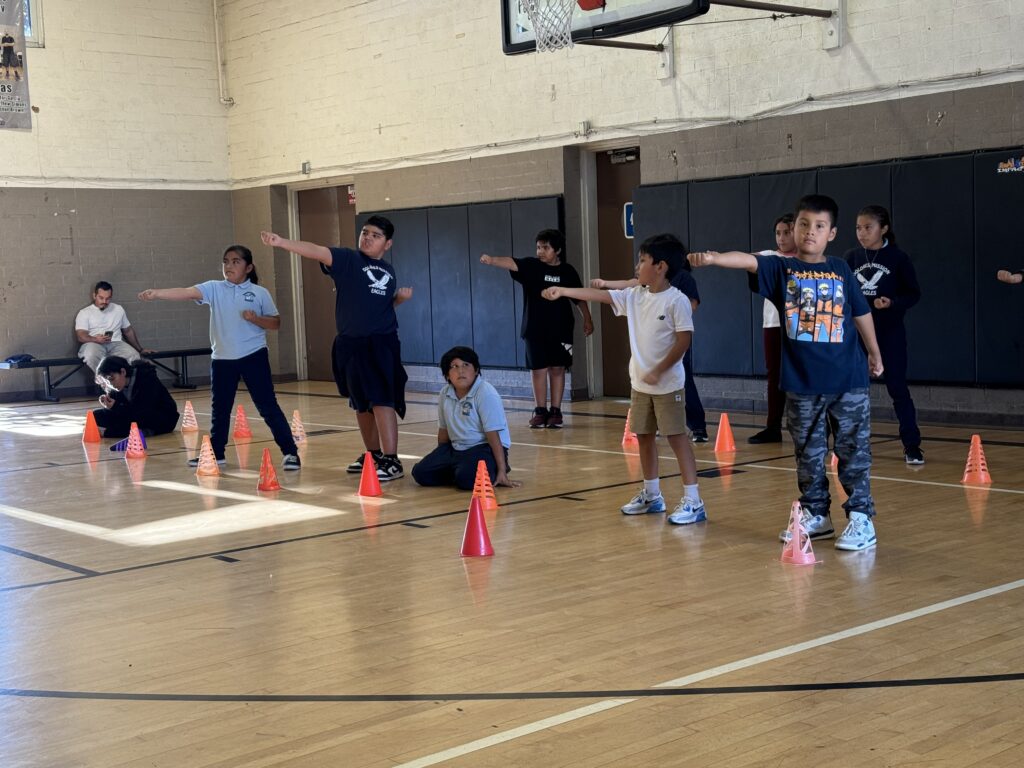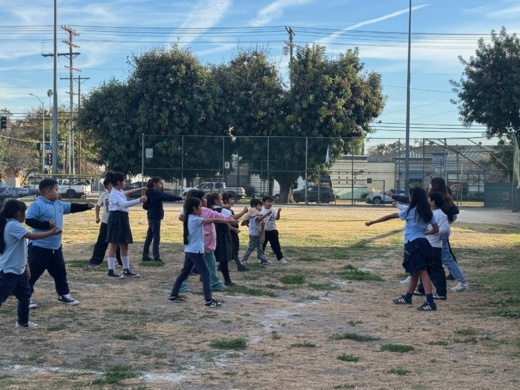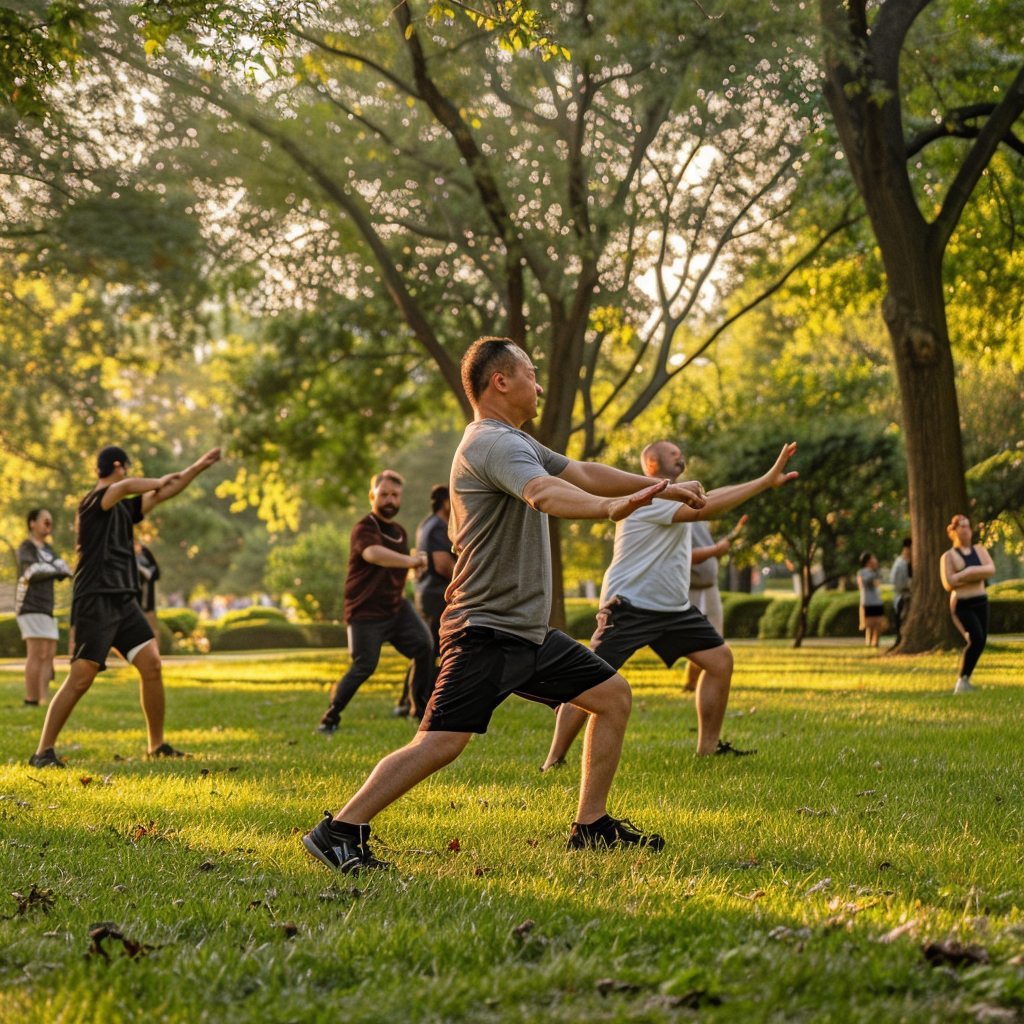 A common belief in the field of education is that the most effective teachers are those who know their subjects inside and out. The more degrees, the more expertise—surely, the more masterful the teacher, right?
A common belief in the field of education is that the most effective teachers are those who know their subjects inside and out. The more degrees, the more expertise—surely, the more masterful the teacher, right?
This conventional thinking emphasizes the volume of subject matter knowledge as the ultimate qualifier for effective teaching. However, this viewpoint overlooks a critical truth: expertise in a field does not always translate to the ability to connect with and inspire students.
The true power of an effective instructor does not come from a vast knowledge of content, but from the ability to connect with the student. Teaching is not just about regurgitating research and information—it’s about making it relevant, engaging, and personalized to each student. This is especially true when working with neurodivergent learners, where adaptability, empathy, and an emotional connection become essential.
This became clear for us as we launched our online martial arts platform for neurodivergent students. We quickly learned that the traditional method of teaching martial arts—where the instructor “breaks down” the student and “rebuilds them”—didn’t effectively engage our students. We found quite the opposite, actually. Our Founder, Josh George, reported students acting out in defiance, losing focus, and even avoiding eye contact when this method was utilized.
This was behavior our instructor team wasn’t used to; we knew that we needed to adapt our approach, and fast. The question we had to ask ourselves was: how could we envision our teaching approach to better serve the unique needs of our neurodivergent learners?
Our research, along with insights from professionals in the field of Applied Behavior Analysis (ABA), led us to a surprising conclusion: the experts on effective teaching in martial arts for neurodivergent learners were not necessarily the seasoned martial artists with decades of experience, like our in-house team. Instead, the real experts in making learning accessible and meaningful were the ABA professionals, Occupational Therapists (OTs), and even parents who work directly with the students on a daily basis. These individuals, though not necessarily martial arts experts, brought something much more valuable to the table—a deep, personalized understanding of the student and the ability to adapt instruction in ways that went beyond simple curriculum and knowledge.
Because of this, we’ve designed our program not just for martial arts experts but for therapists, caregivers, parents, and educators to effectively teach it because we have found that they are the “people experts.” This approach shifts the focus from expertise in martial arts to expertise in understanding and connecting with students, where true learning thrives.
Recognizing the Human Element of Learning and the Role of Adaptability
At its core, learning is deeply individualized and is closely tied to our emotions. Research shows that emotions are intertwined with cognitive functions such as attention, memory, and problem-solving—critical components of the learning process (Tyng, Amin, Saad, & Malik, 2017). When students feel supported, neurotypical or neurodivergent, they are more likely to retain and understand the material being taught, therefore becoming more engaged and invested (Tyng, Amin, Saad, & Malik, 2017). This is where the traditional expertise of subject matter experts (SMEs) falls short: while technical knowledge is undeniably important, it doesn’t account for the emotional and psychological needs of the learner.
In my own experience as an educator, I found that even with a master’s degree and in-depth knowledge of my subject, I struggled to connect with students in ways that truly inspired them at first. I had no complications teaching the material, but it was clear that knowledge alone wasn’t enough to make a meaningful impact. What I lacked was the ability to engage and adapt my approach to each student’s individual needs. Sure, this talent may come with time as one learns and grows in their career, but this is where skilled professionals like those in the ABA field who understand the human element of learning shine. They don’t just focus on content—they focus on the student and the best way to meet their unique learning needs.
The adaptability inherent in ABA principles, which emphasize individualized instruction, task analysis, and behavior analysis, became the key to reshaping how we approach teaching within our program. ABA focuses not just on behavior but on understanding how a student learns, reacts, and interacts with their environment. 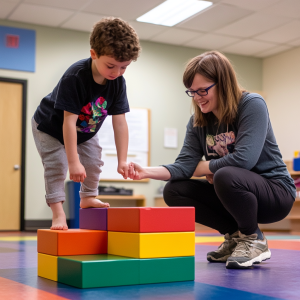
The ability to tailor instruction based on a student’s emotional, cognitive, and physical needs is what makes ABA-trained professionals so effective in working with neurodivergent students.
In our research, we also found that our online program closely resembled several different ABA principles – task analysis, for one – and recognized that breaking down complex martial arts techniques allowed our students to approach learning one piece at a time, at their own pace.
By dissecting movements into their most granular parts, students can focus on each piece of the puzzle and master it before moving on without becoming overwhelmed.
This approach builds their confidence, in both learning and their comprehension of the material. Our students flourished under this system in comparison to the traditional martial arts curriculum and how it is taught. And the reason for this success wasn’t just due to the martial arts content; it was because the learning environment was designed to cater to their specific needs, both emotionally and cognitively.
With the similarities in our platform and the teaching techniques we were researching under the umbrella on ABA principles, it only made sense to us to partner and collaborate with those who were the “people experts.” If we brought the curriculum to them, couldn’t they teach it more effectively?
The Importance of Collaboration: Bringing Together Experts, Teachers, and Parents
While adaptability in ABA principles provided a solid foundation, we quickly realized that the most effective learning environments emerge when teachers, subject matter experts, and parents collaborate. Each group brings its own invaluable perspective that, when combined, creates a truly comprehensive learning experience for the student.
Collaboration in an educational environment is an excellent tool:
- When educators and other professionals meet frequently and regularly, they begin to open lines of communication and trust.
- When group members begin to listen and trust each other, they are more likely to be open to new ideas and accept constructive feedback.
- When interdisciplinary groups share lessons and concepts, teachers can refer to information introduced in a different area. This teaches students how to transfer knowledge and skills from one setting to another.
- When general education and special education teachers work together, they better understand how to provide appropriate services to students with various needs (American University, 2023).
 Opening these lines of communication within the educational world only seeks to benefit our students, whether we’re connecting these dots in traditional school or in an online martial arts program, like ours.
Opening these lines of communication within the educational world only seeks to benefit our students, whether we’re connecting these dots in traditional school or in an online martial arts program, like ours.
For example, subject matter experts, such as our martial arts instructors, bring critical technical knowledge and understanding of the discipline. However, it’s the teachers who bridge the gap between that expertise and the student, using their ability to connect and adapt content to make it more engaging and accessible. This collaboration creates an environment of support and trust where the student not only feels confident in their own abilities but also in the learning journey.
Because our program does not have to be completed in a linear timeframe, it’s easy to utilize a collaborative effort to customize learning. If it is being used in a therapy environment, for example, therapists can focus on upper body movements to begin and move forward when they know that their student is ready. Meanwhile, parents and caregivers who know the student on a deeper level can provide insights into the student’s strengths, challenges, and preferences, allowing for even more personalized instruction.
In our program, this collaboration between therapists, teachers, caregivers, parents, and our instructors is not just beneficial—it’s necessary. The adaptability and insights provided by ABA-trained professionals, combined with the expertise of our martial arts instructors and the intimate knowledge parents have of their children, create a learning environment that addresses not only the physical techniques of martial arts but also the emotional and cognitive aspects of the learning process.
When these distinct roles come together, the result is a truly transformative learning experience. It’s not about one expert or another—it’s about working in unison to create a space where students can grow, succeed, and reach their full potential. We have built our platform to not only be learner-friendly, but also teacher-friendly. You don’t have to be a martial arts expert to teach martial arts, but you must be a “people expert”!
Our program stands out because it empowers therapists, caregivers, and parents—individuals who may not have a background in martial arts—to effectively teach the curriculum. By breaking down techniques into manageable steps and incorporating ABA principles, we ensure that anyone who understands the learner’s needs can deliver engaging and impactful lessons. This adaptability is a cornerstone of our mission to make martial arts accessible to all.
This collaborative approach is the heart of our mission at Believing Through Achieving. By bringing together the best of all worlds—subject matter expertise, teaching skill, and individualized support—we have created a learning environment that is truly designed for success, no matter the learner’s starting point.
Unlocking the Potential of Every Learner
In teaching, no single individual holds all the answers. The true magic of education lies in the intersection of expertise, empathy, and adaptability. When teachers, subject matter experts, and caregivers unite, they create an ecosystem that nurtures growth in every dimension—cognitive, emotional, and physical.
At Believing Through Achieving, we’ve seen firsthand how this synergy transforms lives. It’s not the mastery of martial arts alone that empowers neurodivergent learners but the collaborative effort to meet each student where they are, with patience and understanding. This is a powerful reminder for all educators and parents: success is not about knowing it all—it’s about working together to bring out the best in every learner.
The path to effective teaching begins with humility and a willingness to listen—to students, to colleagues, and to families. By embracing this mindset, we can foster environments where all learners, regardless of their challenges, can rise to their fullest potential. Let’s continue to break down barriers and reimagine what learning can look like when it’s built on connection and collaboration.
References
American University. (2023). School of Education. The Importance of Teacher Collaboration. Retrieved from https://soeonline.american.edu/blog/teacher-collaboration-importance/
Autism Speaks. (2024). Applied Behavior Analysis. Retrieved from https://www.autismspeaks.org/applied-behavior-analysis
Tyng CM, Amin HU, Saad MNM, Malik AS. The Influences of Emotion on Learning and Memory. Frontiers in Psychology. 2017 Aug 24;8:1454. doi: 10.3389/fpsyg.2017.01454. PMID: 28883804; PMCID: PMC5573739.

